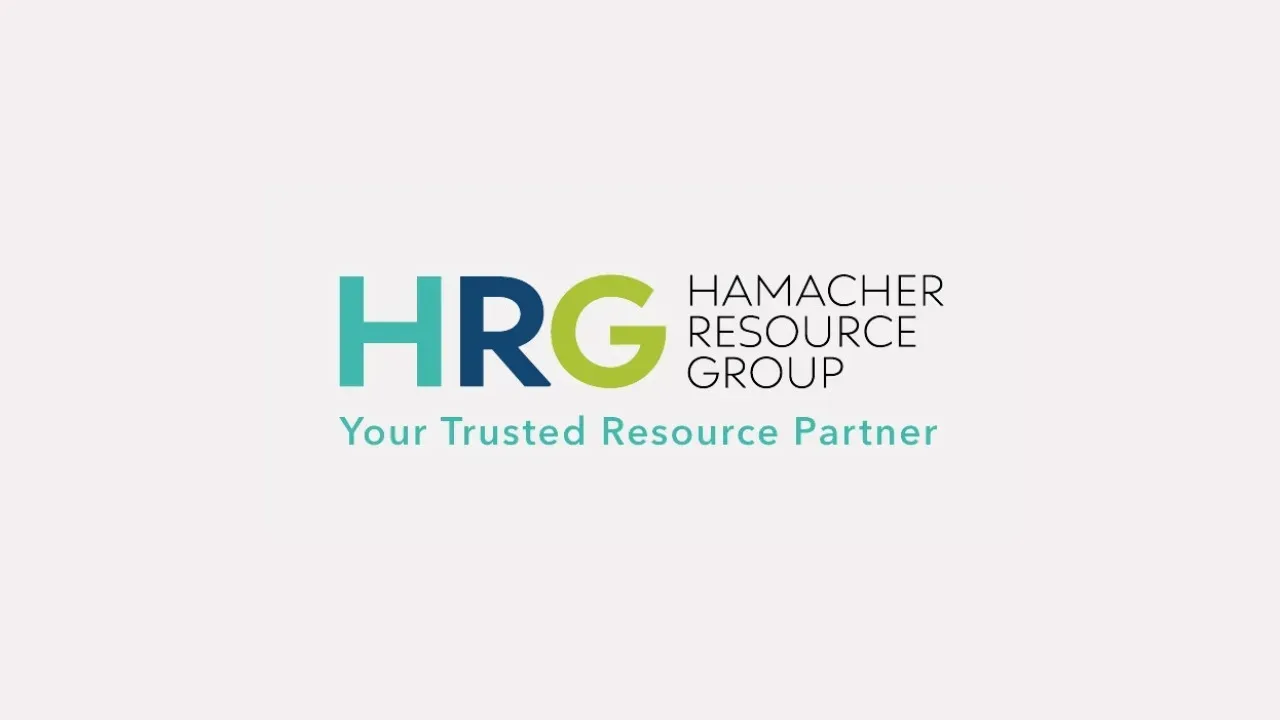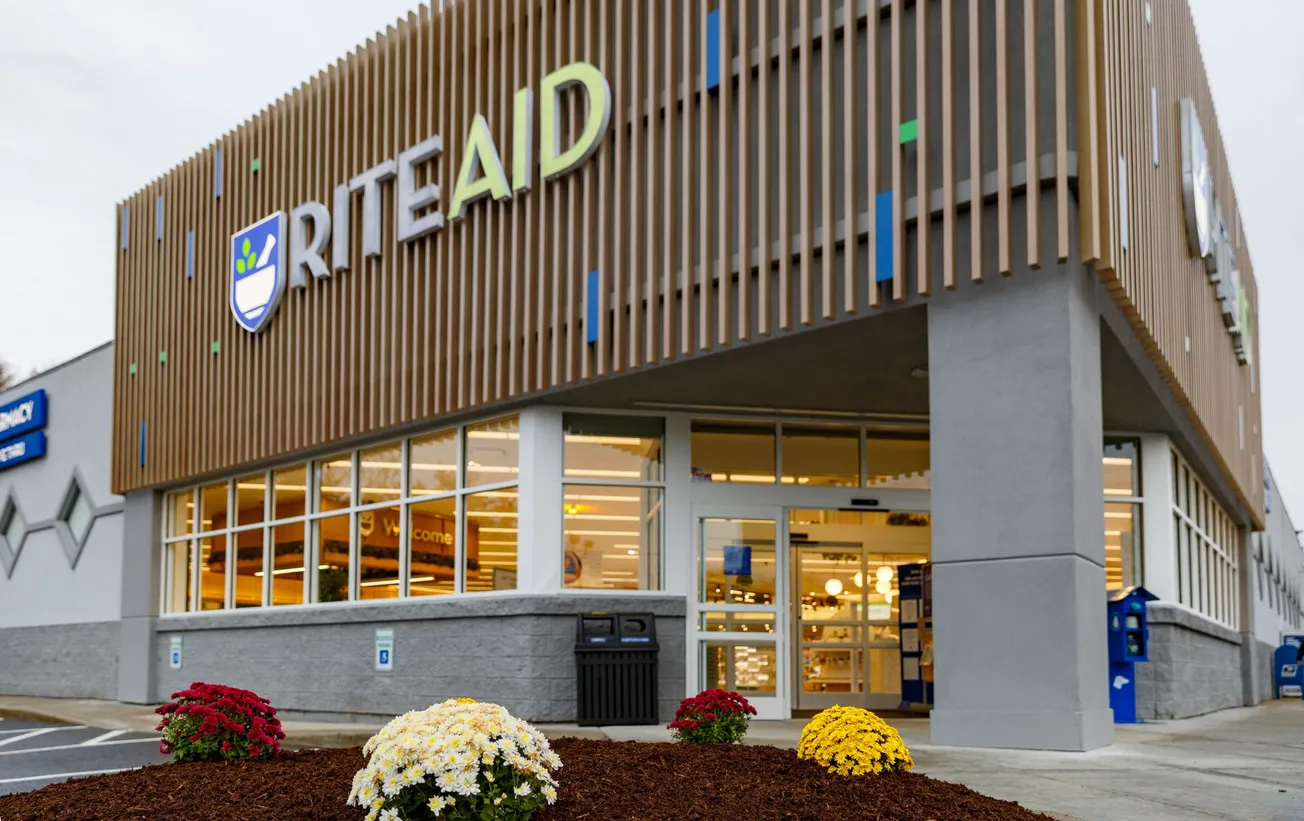WASHINGTON — Leading consumer groups have warned of the “potential for significant consumer harm” from a proposed merger of Express Scripts Inc. and Medco Health Solutions Inc.
In a letter to the Federal Trade Commission, advocacy groups including the Consumers Union, Consumer Federation of America, National Consumers League, U.S. PIRG and the National Legislative Association on Prescription Drug Prices challenged the Express Scripts-Medco merger deal, which would create the nation’s largest pharmacy benefit manager (PBM).
The organizations commended the FTC for issuing a second request for information from the companies, urging the agency “to thoroughly review the concerns of consumers in their investigation and particularly focus on the impact on the ultimate consumer — the patient.”
The groups expressed particular concern over a merger’s impact on people needing specialty drugs. The deal combines the two largest specialty pharmacies, Curascript and Accredo, and would give them over a 50% market share. Consumer advocates are concerned that the acquisition by Express Scripts would give it dominance in the specialty pharmacy area, “likely resulting in decreased access to care for our most vulnerable patient populations.”
Appearing before the House Judiciary Subcommittee on Intellectual Property, Competition and the Internet, Express Scripts chairman and chief executive officer George Paz testified that the merger “will help make prescription drugs more affordable for seniors, people with disabilities and working families. It will also help small businesses and large employers better compete in a global economy by helping to rein in their medical costs. Finally, a combined Express Scripts and Medco will help deliver real savings to Medicare and Medicaid beneficiaries and put our nation’s fiscal footing on a stronger foundation.”
But Dennis Wiesner, senior director of privacy, pharmacy and government affairs at H-E-B, told the panel “there is no proof” that the “purported savings” will be passed on to health plans, employers or consumers.
Rather, he warned that “reducing patient choice and access will lead to higher prescription drug costs and potential adverse patient outcomes, and higher downstream health costs.”
He said the deal would reduce or eliminate patients’ choice of pharmacy providers and shift consumers to the PBM’s mail-order facility. Pharmacies will then be less likely to have the complete prescription profile needed to help protect a patient from harmful drug interactions, he said. Reduced patient-pharmacist interactions also could diminish medication adherence.
“I have grave concerns about this proposed merger,” Wiesner said. “It would be a tipping point in PBM market consolidation, harming patients as well as government and private health plans and employers. There is only one stakeholder that would benefit: the new mega-PBM.”
Elaborating on the unprecedented power the combined entity would hold, Wiesner said, “PBMs already operate in an opaque manner. They are middlemen in a unique position to dictate contract terms to health plans and pharmacy providers. The new mega-PBM would have even greater ability to dictate one-sided, unfavorable contract terms to pharmacies, health plans and employers, ultimately harming consumers. That is one reason we oppose the merger, and seek legislative relief on PBM practices.”
He concluded, “PBMs already use a lack of transparency, failing to pass through rebates from drug manufacturers to consumers and other payers, inflating drug costs for health plans and employers, and lowering payments to pharmacies for their own personal financial gain. Patients appear to be an afterthought. A mega-PBM would have an increased ability to engage in similar egregious conduct to the detriment of consumers, payers and pharmacy providers."
Nearly 135 million Americans would rely on the combined entity to manage their prescription drug benefits, Wiesner noted. He asked for thorough scrutiny of the control that the proposed PBM would exert over various markets and submarkets.
The National Association of Chain Drug Stores last month launched drive-time radio advertising warning that the deal would have anticompetitive and anti-consumer consequences. “Too big … too much power … that’s not healthy,” is how the ad summarizes concerns about the market concentration that would result from the merger.




